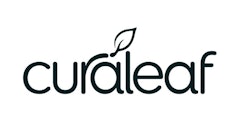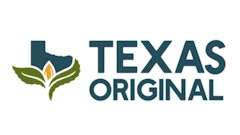Editor's Note: This isn't exactly breaking news, as in 2014, the American Medical Association's Journal of Internal Medicine reported in 2014 that "access to medical marijuana is associated with 25 percent fewer prescription drug overdose deaths each year compared to states where medical pot is illegal." But this article, below, from the Huffington Post also delves into findings regarding current medicare savings:" $165.2 million, as well as projected (if all states were to implement medical marijuana programs): $468 million.
The other significant finding from this new study is that the researchers from the University of Georgia found, contrary to much of the public's perception, reason to "believe that medical marijuana users are not requesting prescriptions just to enjoy a high, but are basing their decision on medical needs," according to the article. "Speaking in a recent YouTube interview, Bradford expressed hope “that this research will influence and reform policymaking," reports HuffPo. It is difficult to see how it could not influence reform.
States looking for a way to reduce Medicare spending and prescription drug use may want to turn to legalizing medical marijuana, a new study suggests.
The District of Columbia and the 17 states that had medical marijuana as an alternative to prescription drugs in 2013 saved an estimated total of $165.2 million in Medicare program and enrollee spending that year, researchers at the University of Georgia reported in the journal Health Affairs this month.
“The results suggest that if all states had implemented medical marijuana the overall savings to Medicare would have been around $468 million,” a press release on the findings stated.
The researchers looked at prescriptions filled by Medicare Prescription Drug Plan (or Part D) enrollees from 2010 to 2013. They then narrowed the prescriptions down to ones that could be substituted with medical marijuana.
Read more










.jpg?auto=format%2Ccompress&fit=crop&h=141&q=70&w=250)













